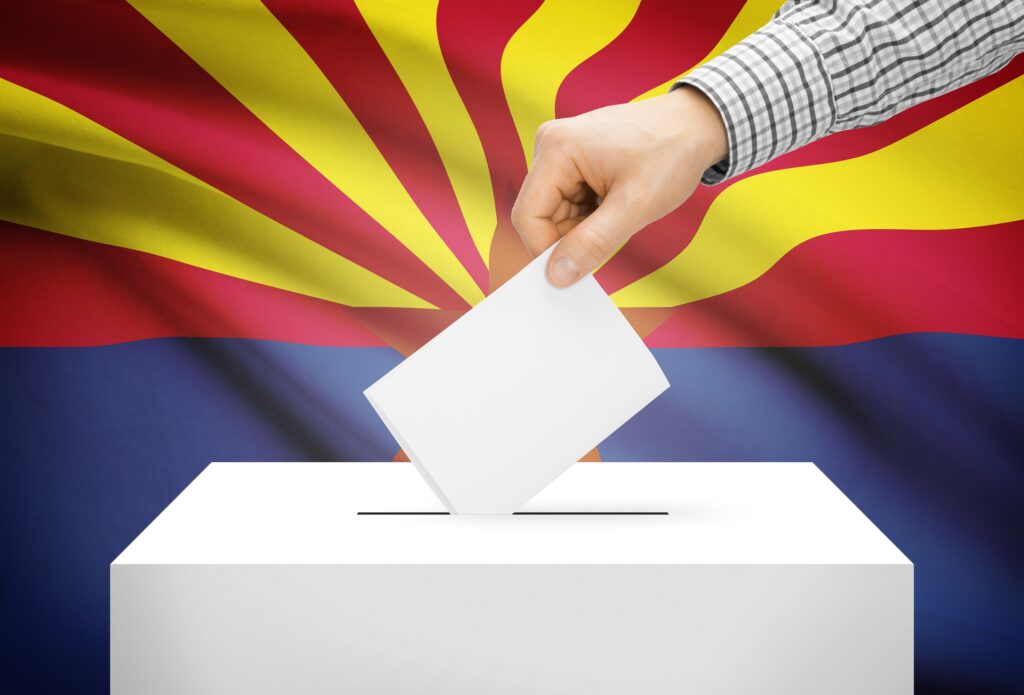Partisan Election Review Efforts in Five States
Authors
Press Release
Media Contact
For general media inquiries and to book our experts, please contact pr@rstreet.org.
This is a joint report by the Brennan Center for Justice, Protect Democracy and the R Street Institute.
Introduction
More than seven months after Arizona officials certified the 2020 presidential election results, the state senate’s ongoing partisan review of Maricopa County’s results has received national attention. But what’s happening in Arizona is not an isolated incident. Just this week, the press reported that a Pennsylvania legislator has launched efforts to conduct a similar review there. In fact, there are similar efforts by partisan, political actors to conduct these reviews in jurisdictions around the country. In this report we look at five states—Arizona, Wisconsin, Pennsylvania, Michigan, and Georgia—where these efforts have made significant progress.
In each state, the partisan review efforts have taken different forms and are in different stages. For instance, in Arizona, the State Senate’s review has been limited to a single county (Maricopa). In the course of that review, paper ballots and voting machines were removed from the custody and control of local election officials and given to a third party, which conducted an “examination” of those election materials, sometimes outside public view. By contrast, in Wisconsin, the State Assembly has announced an investigation of the 2020 election without stating that its review would be limited to any particular geographic location. Nor is it at all clear that the Wisconsin review will involve examination of paper ballots or machines, as in Arizona.
While details differ, in every case, the proposed election reviews fail to satisfy basic security, accuracy, and reliability measures that should be in place for any election review. And the “auditors” themselves fail to meet basic standards of objectivity. Specifically, in each state, the actual or proposed partisan reviews fail to meet at least some of the following components:
- Transparency: public audit plans, processes, and records;
- Objectivity: auditors who are and appear to be independent and free of conflicts of interest;
- Pre-written, comprehensive procedures: standardized and consistently implemented processes designed to achieve accuracy;
- Competence: conducted by election administration experts; and
- Security: ballots and equipment remain in election official control.
These deficiencies stand in stark contrast to actions that experienced election administrators take to verify the security of an election, as well as minimum standards external auditors apply when conducting governmental performance audits.















